The Securities and Futures Commission (SFC) of Hong Kong has officially released regulations for crypto fund managers.
The commission formalized a 37-page framework, which is effective immediately, which aimed to regulate funds that allocate over 10% of their portfolio in virtual assets.
As per the document entitled “Proforma Terms and Conditions for Licensed Corporations which Manage Portfolios that Invest in Virtual Assets,” virtual assets are defined as digital representations of value which may be in the form of digital tokens,” including digital currencies, utility tokens, or security or asset-backed tokens.
Other virtual commodities of the same nature that fall under the definition of “securities” and “futures contracts” are also covered.
The document required the virtual asset fund managers in Hong Kong to maintain a minimum liquid capital of 3 million Hong Kong dollars ($383,000) and its variable required liquid capital.
Crypto fund managers should also have enough human and technical resources to ensure tasks are properly performed and to adopt risk management and compliance policies, including anti-money laundering (AML) and combating the financing of terrorism (CFT) protocols.
The SFC is also required managers to designate a third-party custodian and a virtual fund manager to ensure fund assets are separate from its own assets and other client’s assets. Furthermore, fiat currency must also be segregated at a licensed Hong Kong financial institution or in a jurisdiction authorized by the SFC.
Virtual asset fund managers are also responsible to evaluate the features of the diverse custodial arrangements, such as hardware and software infrastructure, security controls over key generation, storage, management and transaction, and blockchain forks handling process.
Meanwhile, a recent study in the U.K. found that the country’s financial regulatory body, the Financial Conduct Authority (FCA), has made 87 inquiries into crypto companies, as part of either initial scrutiny or full enforcement probe. The figure is up 74% from the same time in 2018 when the authority investigated 50 firms.





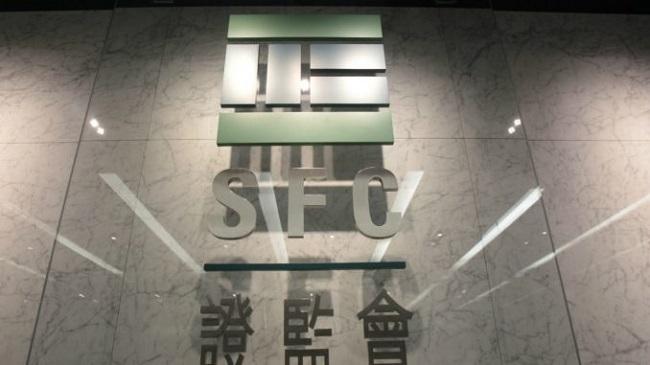






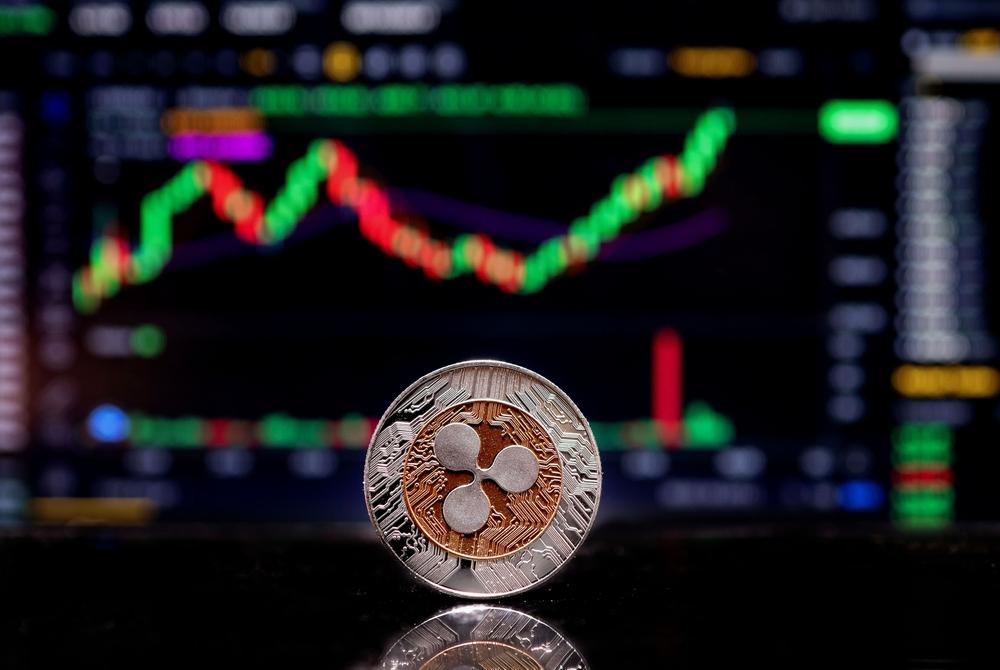




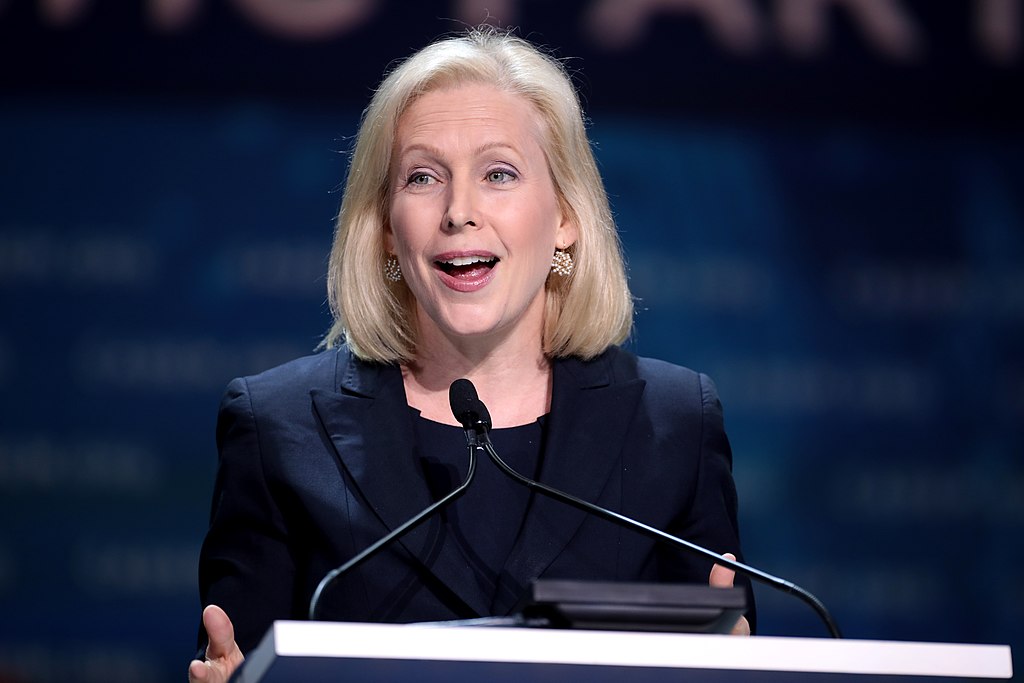
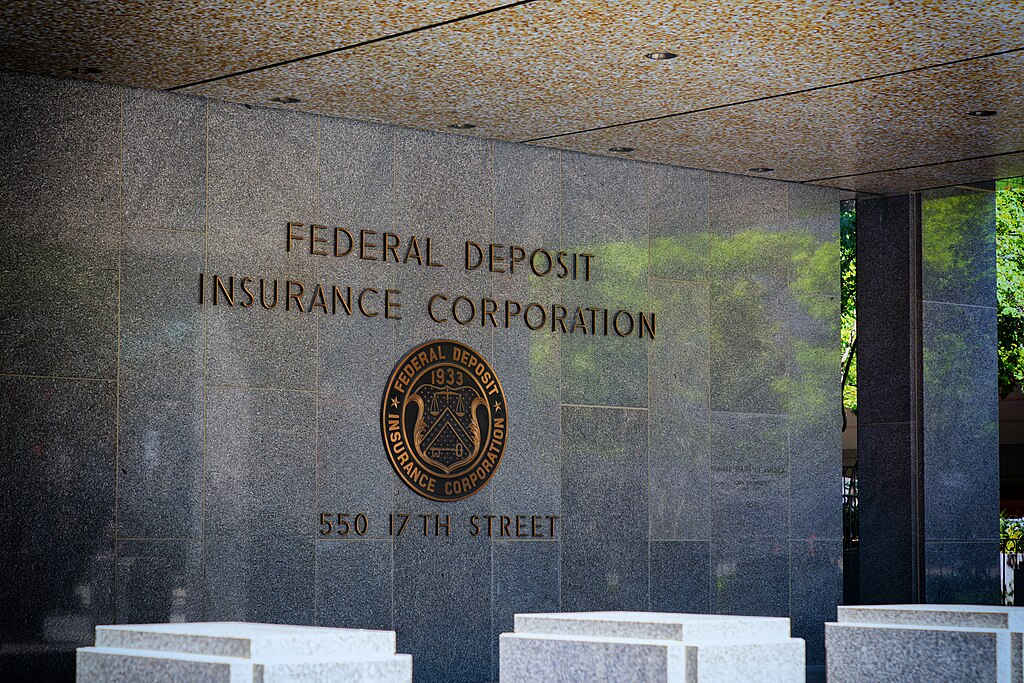


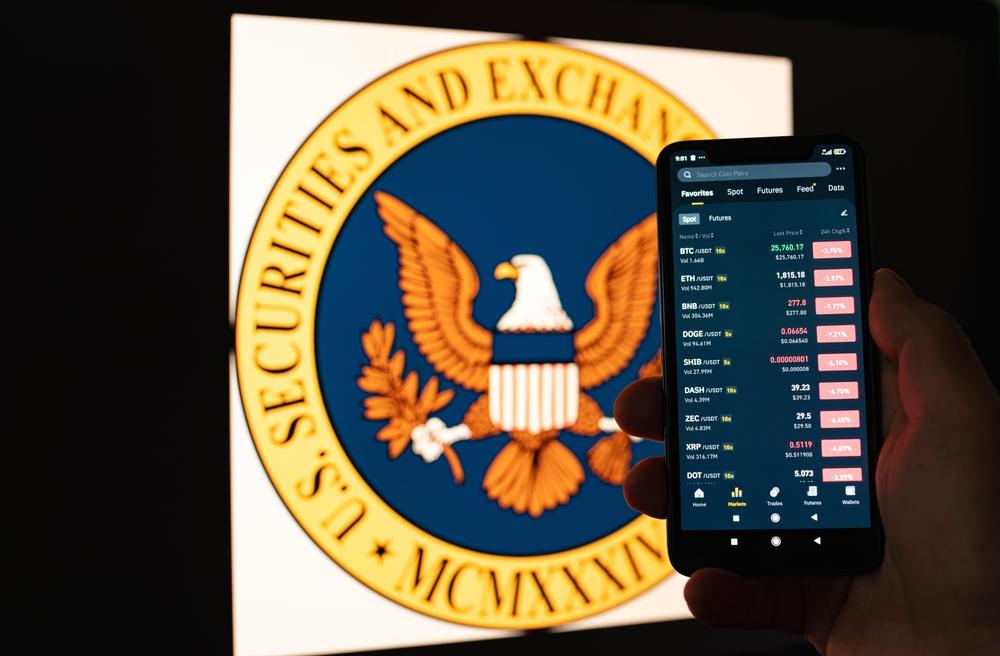

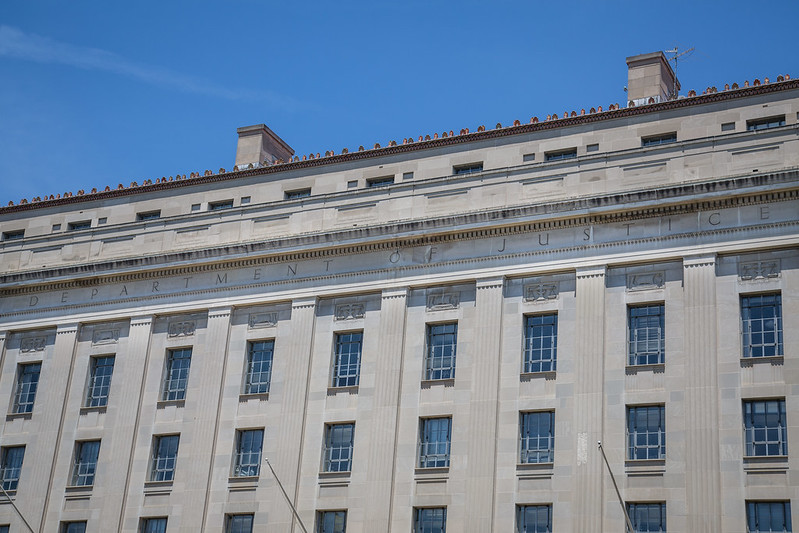
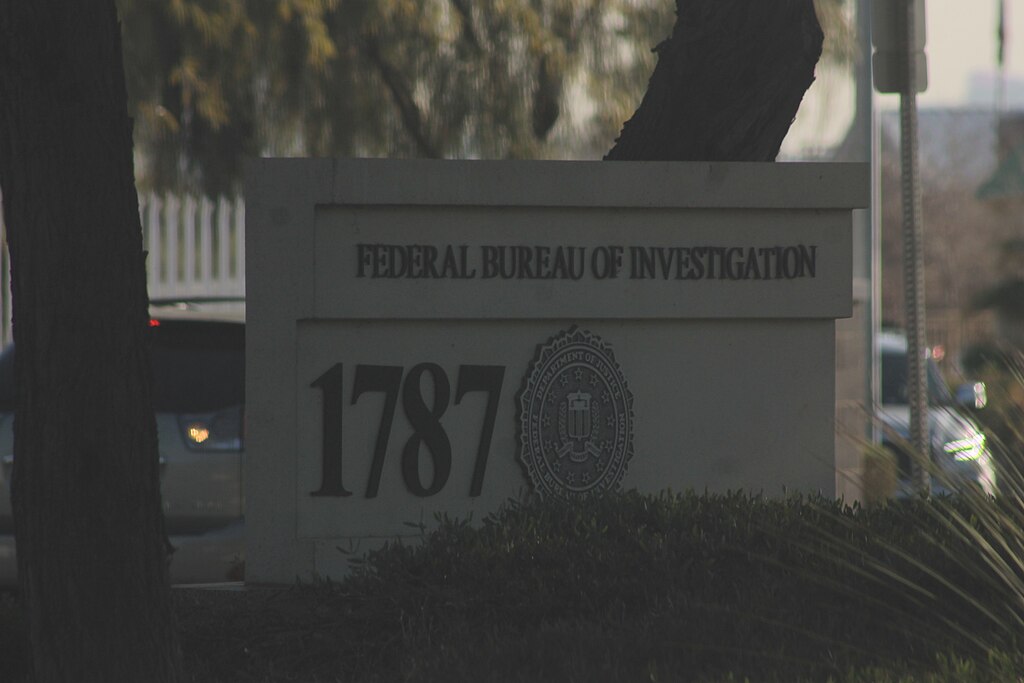


Comment 0